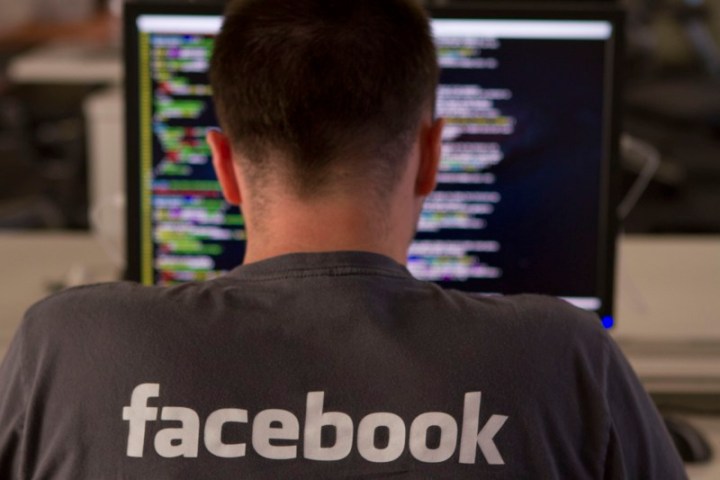
It is unclear at this stage whether the glossary will be made available to the public or its users. Nonetheless, Facebook account holders are critical to the software, which will search through posts and messages on the site to seek newly coined words and expressions, or neologisms if you prefer.
In the patent, Facebook states that the software will be on the lookout for “slang, terms of art, portmanteaus, syllabic abbreviations, abbreviations, acronyms, names, nicknames, re-purposed words or phrases, or any other type of coined word or phrase.”
There are plenty of digital definitions that have emerged from the Web, before being widely used in reference to it — “troll,” “noob,” or “digital detox” being a few examples. As for popular portmanteaus (word combinations), those include “staycation,” “hacktivism,” and “listicle.”
The glossary will basically attempt to collect emerging Web slang that is not yet widely in use, but may be on the cusp of becoming popularized. It will also seek to update itself by removing terms that fall out of fashion.
Although it sounds like Facebook’s attempt at creating its own Urban Dictionary, the social network itself isn’t giving much away in regard to its plans for the software. One idea mentioned in the patent filing is that it could be used for an improved predictive text program, reports Business Insider.
Facebook describes a scenario where the term “rickrolled” (when somebody bombards you with clips of the Rick Astley song Never Gonna Give You Up) is recognized by its glossary. Its software will spot the term as it spreads and collect different examples of its use.


